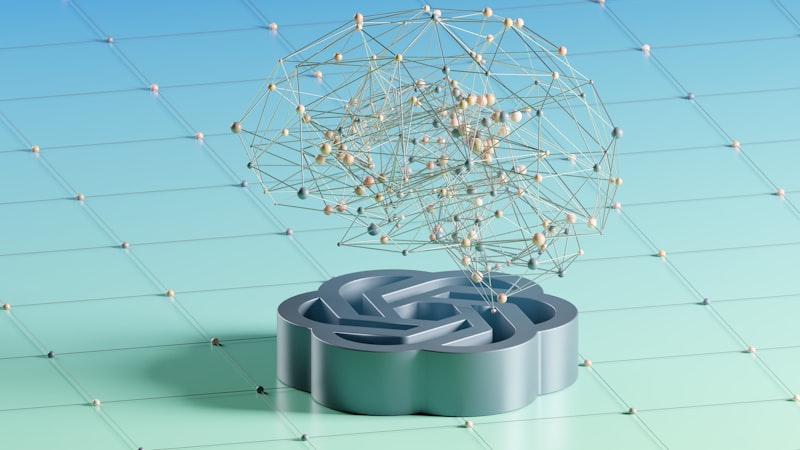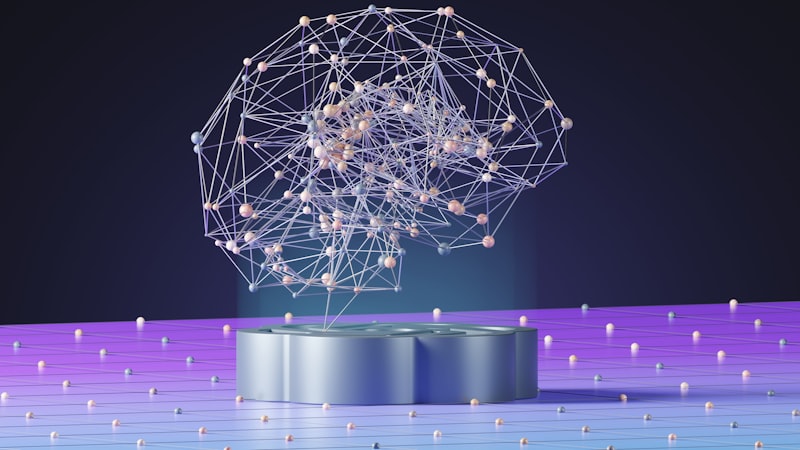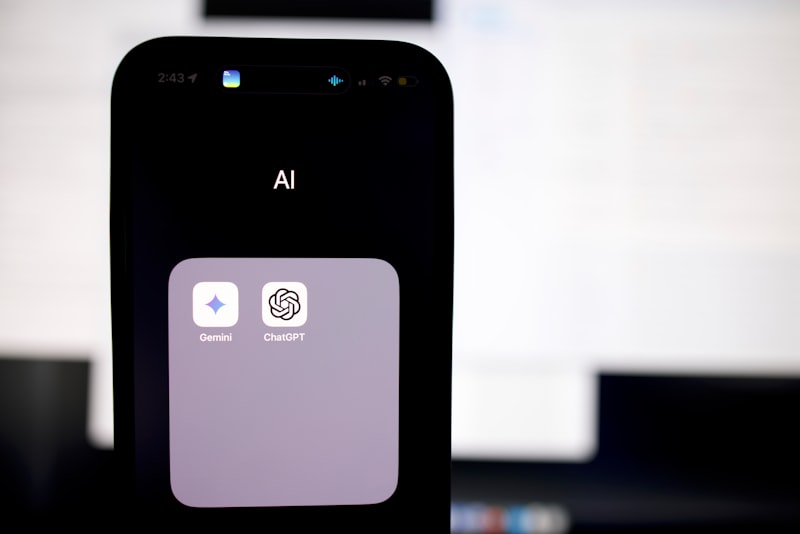Introduction:
Did you ever wonder if ChatGPT, the innovative AI language model, is HIPAA compliant? As technology rapidly evolves, it’s crucial to ensure that sensitive healthcare information remains secure. In this article, we’ll explore whether ChatGPT meets the stringent requirements of HIPAA (Health Insurance Portability and Accountability Act) and its implications for the healthcare industry.
Understanding HIPAA Compliance:
HIPAA sets the standard for protecting patients’ medical information by establishing regulations for healthcare providers and their business associates. Compliance with HIPAA ensures that organizations maintain confidentiality, integrity, and availability of protected health information (PHI). But how does ChatGPT fit into this framework?
ChatGPT and PHI:
Although ChatGPT is a powerful language model developed by OpenAI, it’s important to note that it alone doesn’t determine its own compliance. The responsibility lies with the organizations implementing and using ChatGPT. To achieve HIPAA compliance, these organizations must take appropriate measures in terms of security and data handling.
Securing Data Transmission:
When integrating ChatGPT into a healthcare setting, ensuring secure data transmission is paramount. Organizations should employ encryption protocols to protect PHI when it’s exchanged between the user and the AI system. This helps prevent unauthorized access and safeguards patient information.
Access Control and Authentication:
HIPAA requires strict access control mechanisms to limit PHI access only to authorized individuals. Organizations utilizing ChatGPT must implement robust authentication procedures, such as multi-factor authentication and role-based access controls. These measures ensure that only authorized personnel can interact with the system and access sensitive patient data.
Audit Logs and Monitoring:
To comply with HIPAA, ChatGPT implementation should include comprehensive audit logs and monitoring systems. These logs document all interactions and activities within the AI system, enabling organizations to review and identify any potential security breaches or unauthorized access attempts promptly.
Conclusion:
While ChatGPT itself doesn’t have an inherent HIPAA compliance certification, it can be implemented in a manner that aligns with the requirements outlined by HIPAA. Organizations must take the necessary precautions to secure PHI and adhere to strict access controls when integrating ChatGPT into their healthcare operations. By doing so, they can leverage the power of AI while maintaining the privacy and security of patient information.
Exploring the Boundaries: Is ChatGPT HIPAA Compliant in Safeguarding Sensitive Healthcare Data?
Contents
- 1 Exploring the Boundaries: Is ChatGPT HIPAA Compliant in Safeguarding Sensitive Healthcare Data?
- 2 Privacy Matters: Dive into the Legality of ChatGPT’s HIPAA Compliance
- 3 The Future of Secure Conversations: Unraveling ChatGPT’s HIPAA Compliance
- 4 ChatGPT in Healthcare: Can the AI Language Model Meet HIPAA Standards?
In today’s digital age, where data security is of utmost importance, healthcare organizations face the challenge of protecting sensitive patient information while embracing technological advancements. One such innovation that has gained significant attention is ChatGPT—an AI language model designed to engage and assist users in various domains. But when it comes to safeguarding sensitive healthcare data, does ChatGPT meet the requirements of the Health Insurance Portability and Accountability Act (HIPAA)?
HIPAA, enacted in 1996, sets standards for protecting sensitive patient information and ensures its confidentiality, integrity, and availability. Compliance with HIPAA regulations is crucial for healthcare providers, as failure to comply can result in severe penalties.
ChatGPT’s compliance with HIPAA regulations depends on how it is implemented and the specific use case. While OpenAI, the organization behind ChatGPT, has not explicitly stated that it is HIPAA compliant, it provides a solid foundation for developers to build applications that can be compliant with HIPAA regulations. By implementing the necessary security measures, such as access controls, encryption, and auditing, developers can ensure that ChatGPT meets the requirements of HIPAA.
To put it simply, ChatGPT itself is not inherently HIPAA compliant, but with proper configuration and additional security measures, it can be used in a manner that aligns with HIPAA regulations. It is essential for healthcare organizations and developers to understand their responsibilities and take appropriate steps to protect sensitive healthcare data when utilizing ChatGPT or any other AI technology.
Just like a lock on a door, ChatGPT can be seen as a tool that requires careful handling. It has the potential to assist healthcare professionals in various areas, from answering patient queries to aiding in medical research. However, it should be noted that any interaction involving patient data must be handled with care and in compliance with HIPAA regulations.
Privacy Matters: Dive into the Legality of ChatGPT’s HIPAA Compliance
Are you concerned about privacy when it comes to using AI-powered chat platforms? In this article, we will explore the legality of ChatGPT’s compliance with HIPAA, the Health Insurance Portability and Accountability Act. So, let’s dive right in!
HIPAA, enacted in 1996, is a US federal law designed to safeguard individuals’ medical information. It sets standards for the protection and confidential handling of sensitive health data by covered entities such as healthcare providers, health plans, and clearinghouses. The main goal of HIPAA is to ensure the privacy and security of personal health information (PHI).
Now, you may be wondering how ChatGPT, an AI language model developed by OpenAI, fits into the picture. While ChatGPT is indeed a powerful tool for generating human-like responses, it is important to understand its limitations and capabilities regarding HIPAA compliance.
First and foremost, it’s essential to note that ChatGPT is not inherently HIPAA-compliant. As an AI language model, it doesn’t have built-in knowledge of specific regulations or compliance frameworks. However, it can be used as a component within a broader system or application that adheres to HIPAA requirements.
To achieve HIPAA compliance, organizations using ChatGPT must implement appropriate safeguards. This includes ensuring that any PHI shared during conversations is encrypted, securely stored, and accessible only to authorized personnel. Additionally, organizations should have agreements in place with OpenAI or other involved parties to address data handling and privacy concerns.
It’s also worth mentioning that ChatGPT’s responses are based on patterns and information learned from vast amounts of training data. While efforts are made to remove identifying information from this data, there is still a potential risk of inadvertently revealing PHI. Therefore, organizations should exercise caution and employ additional measures to prevent any accidental disclosure.
While ChatGPT itself is not inherently HIPAA-compliant, it can be used as part of a broader system that meets the requirements of HIPAA. Organizations must take necessary precautions to ensure the privacy and security of sensitive health information when utilizing AI language models like ChatGPT. By implementing appropriate safeguards and adhering to HIPAA regulations, organizations can leverage the power of AI while maintaining the utmost respect for privacy.
Remember, protecting personal health information is crucial, and staying informed about the legality and compliance aspects of AI technologies is key to maintaining trust and safeguarding privacy in this digital age.
The Future of Secure Conversations: Unraveling ChatGPT’s HIPAA Compliance
In today’s interconnected world, secure conversations are of paramount importance. With the rapid advancement of artificial intelligence, maintaining confidentiality and privacy while communicating online has become a major concern for individuals and organizations alike. One groundbreaking solution that promises to revolutionize secure conversations is ChatGPT’s adherence to HIPAA compliance.
HIPAA, the Health Insurance Portability and Accountability Act, sets the standard for protecting sensitive patient data in the healthcare industry. While initially designed to regulate traditional healthcare providers, its principles also extend to AI-powered platforms like ChatGPT, ensuring robust security measures for confidential discussions.
ChatGPT leverages cutting-edge encryption protocols to safeguard conversations, employing end-to-end encryption that prevents unauthorized access. This means that only the intended recipients can decipher the messages exchanged, significantly reducing the risk of data breaches and cyber-attacks. By employing robust encryption methods, ChatGPT ensures that your conversations remain private and protected from prying eyes.
The future of secure conversations lies in the continued development of ChatGPT’s HIPAA compliance features. Through continual advancements, ChatGPT aims to enhance security measures, staying one step ahead of potential vulnerabilities. By closely monitoring emerging threats, updating security protocols, and conducting regular audits, ChatGPT ensures maximum protection for sensitive information shared within its platform.
Imagine conversing with healthcare professionals, discussing personal medical details, symptoms, or treatment plans, all while knowing that your privacy is safeguarded. ChatGPT’s commitment to HIPAA compliance assures users that their confidential health-related discussions are shielded from unauthorized access, granting peace of mind even in the digital realm.
As technology evolves, so do the challenges associated with secure conversations. However, ChatGPT’s dedication to HIPAA compliance ensures that it remains at the forefront of secure communication solutions. By continuously investing in research and development, ChatGPT strives to build a future where individuals can engage in open, honest, and confidential conversations, knowing that their privacy is always protected.
The future of secure conversations is bright, thanks to ChatGPT’s unwavering commitment to HIPAA compliance. Through robust encryption, proactive security measures, and a dedication to staying ahead of emerging threats, ChatGPT provides a platform where sensitive information can be shared without compromising privacy. Experience the peace of mind that comes with secure and confidential conversations by embracing the revolutionary potential of ChatGPT’s HIPAA compliance.
ChatGPT in Healthcare: Can the AI Language Model Meet HIPAA Standards?
Have you ever wondered how artificial intelligence (AI) is revolutionizing the healthcare industry? One intriguing development is the use of AI language models like ChatGPT in healthcare settings. These advanced systems are designed to understand and generate human-like text, making them valuable tools for a wide range of applications. However, when it comes to sensitive medical information, ensuring data security and privacy is crucial. That’s where the Health Insurance Portability and Accountability Act (HIPAA) comes into play.
HIPAA sets the standards for protecting patients’ sensitive health information and imposes strict guidelines on healthcare providers and associated entities. But can an AI language model like ChatGPT meet these stringent requirements? Let’s delve deeper.
First and foremost, it’s important to note that ChatGPT is a tool developed by OpenAI, and its compliance with HIPAA largely depends on how it is implemented and used within a healthcare organization. While the model itself doesn’t inherently comply with HIPAA, steps can be taken to ensure compliance.
One critical factor is the handling of patient data. To meet HIPAA standards, organizations must implement robust security measures, including encryption, access controls, and audit logs. By employing these safeguards, healthcare providers can maintain the confidentiality and integrity of patient information while leveraging the capabilities of ChatGPT.
Additionally, proper training and oversight are essential. Healthcare professionals using ChatGPT should receive comprehensive training on HIPAA regulations and best practices for handling sensitive data. Regular audits and monitoring can help identify and address any potential risks or breaches.
Furthermore, it’s vital to consider the limitations of AI language models. While ChatGPT can generate impressive responses, it lacks the ability to comprehend context fully. This means that healthcare professionals must exercise caution and review and validate the information provided by the model before incorporating it into patient care or making critical decisions. Patient safety and privacy should always remain the top priority.




